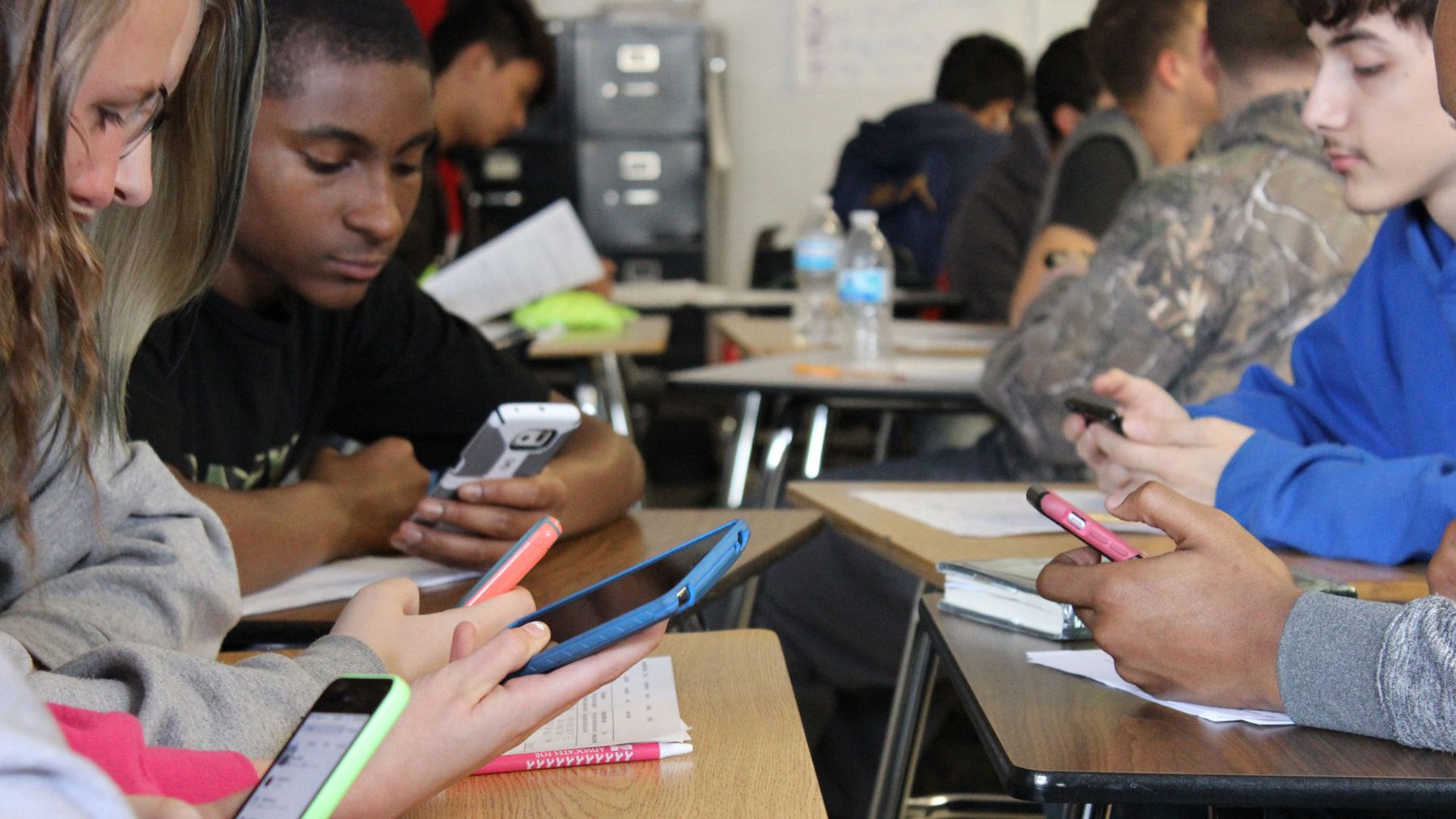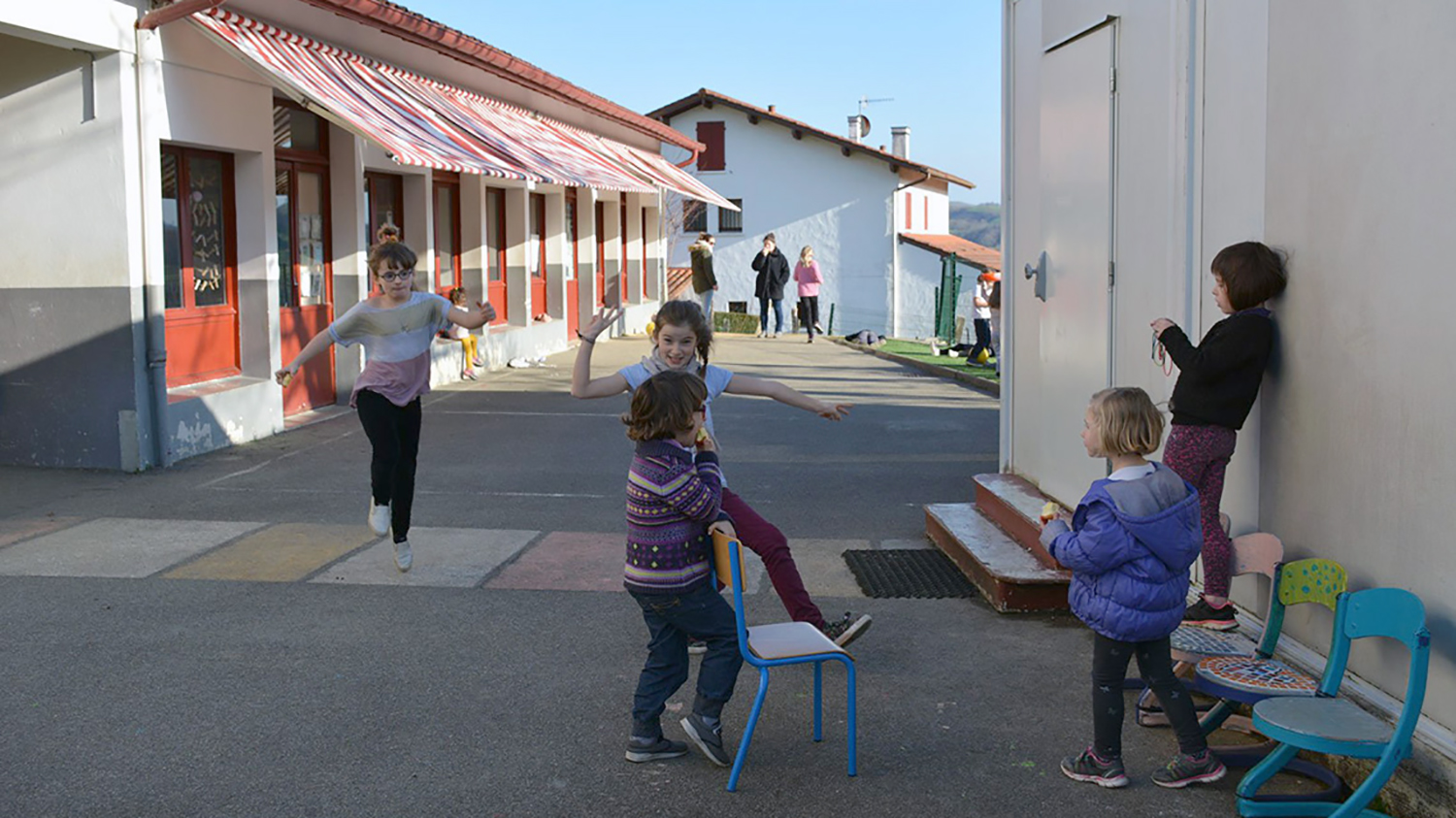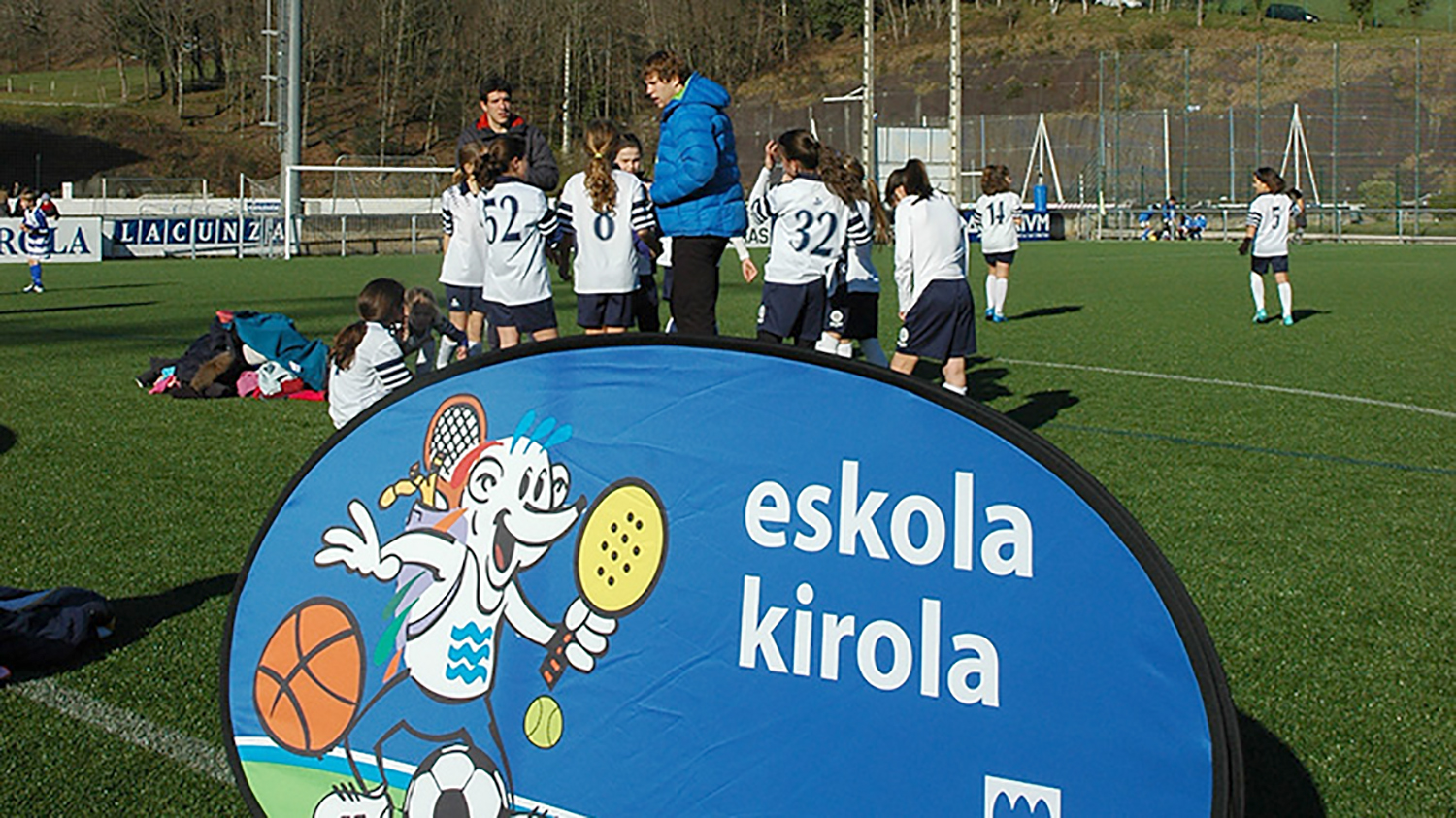Students will be distributed according to academic achievement in Iparralde
- Students who go well in one group, with difficulties in the other, and who will be distributed by academic level in the next course in the French State. The measure will involve the classification and social and academic differentiation of the students, the increase of the imbalance and the condemnation of the failure of those in the worst situation, as denounced by many teachers and parents.

The reform announced by Gabriel Attack last December, Minister of Education, today Prime Minister of France, and the reform known as “The Clash of Knowledge”, has been published last March: starting in September, in the Mathematics and French subjects, 5th and 6th year students will be distributed according to academic performance, and a course later will do the same with 3rd and 4th year students.
It responds to the label and expectations that the student who goes to the "evil" group places himself; "knows that nothing is expected of him, what to try for, has no stimulus"
PISA is a reform caused by poor test results, arguing that the association of students with difficulties will improve their performance. On the contrary, there are critical voices that fear the opposite: that discrimination will only suppose stigmatizing students with difficulties and worsening their performance, because it will respond to the label and expectations that the student going to the “bad” group will self-impose and because research says that the group of students with difficulties does not advance in the classroom. “The students who used to be called “junk classrooms” and who group there, often those with the least socioeconomic resources, the most vulnerable, suffer the Pigmalion effect: they know that nothing is expected of it, and they will respond to that forecast, what to try, what they do not have stimuli,” we heard on the radio the sociologist of education Xavier Martínez.
Mobilizations of parents and teachers
Many see a step further in differentiation and classification, against inclusive education, for only middle and advanced classes to move forward. Some remember that there are not enough personal resources to take the measure forward. In order to denounce the "absurd pedagogical", teachers and parents have protested during the last days in the Barracq schools of Baiona, Errobi de Cambo and Aturri of the capital.
According to the reform published on 17 March, the groups will be decided by the teachers according to the needs of the students, and the groups of students with difficulties may be smaller, that is, have better ratios. If a student improves throughout the course, he or she can jump from one group to another if the teacher so decides.
The reform also has more controversial measures. For example, the last word to decide if a student repeats the course will now be the teacher in elementary school and not the parents. The French Government recently announced its intention to introduce the uniform in all schools, a news that did not leave anyone indifferent either.
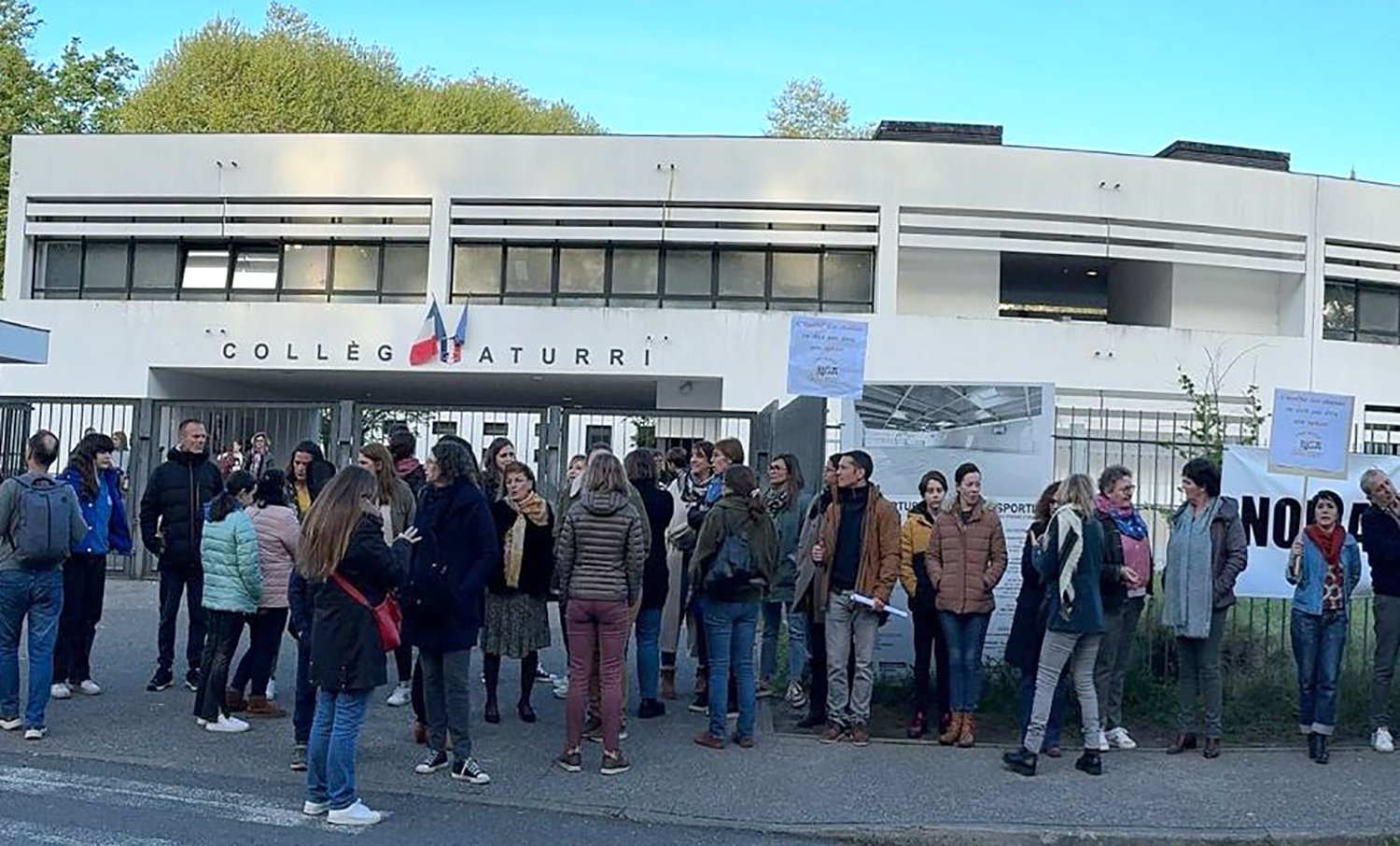
The Department of Education doesn't understand why public employees have gone on strike. He's got to ask the LAB Syndicate. This union signed an agreement with the department in April 2023. Two years later they have also called for a strike because, unlike the previous ones, the... [+]
Erretiratu berri den lankide-ohi baten omenez, Historiako irakaslea. Bejondeizula!
Hezkuntza-legeek azpimarratzen dute zein garrantzitsua den ikasleengan pentsamendu kritikoa sustatzea. Baina irakasle-klaustroak, garai batean ideien eztabaidarako eta proposamenak... [+]
I received your e-mail in personal mail on the strike portals. At first, like many others, I thought it was to let you know what options we have in the face of the strike. But no, the e-mail received was a political and communicative movement against the strike.
I will confess... [+]









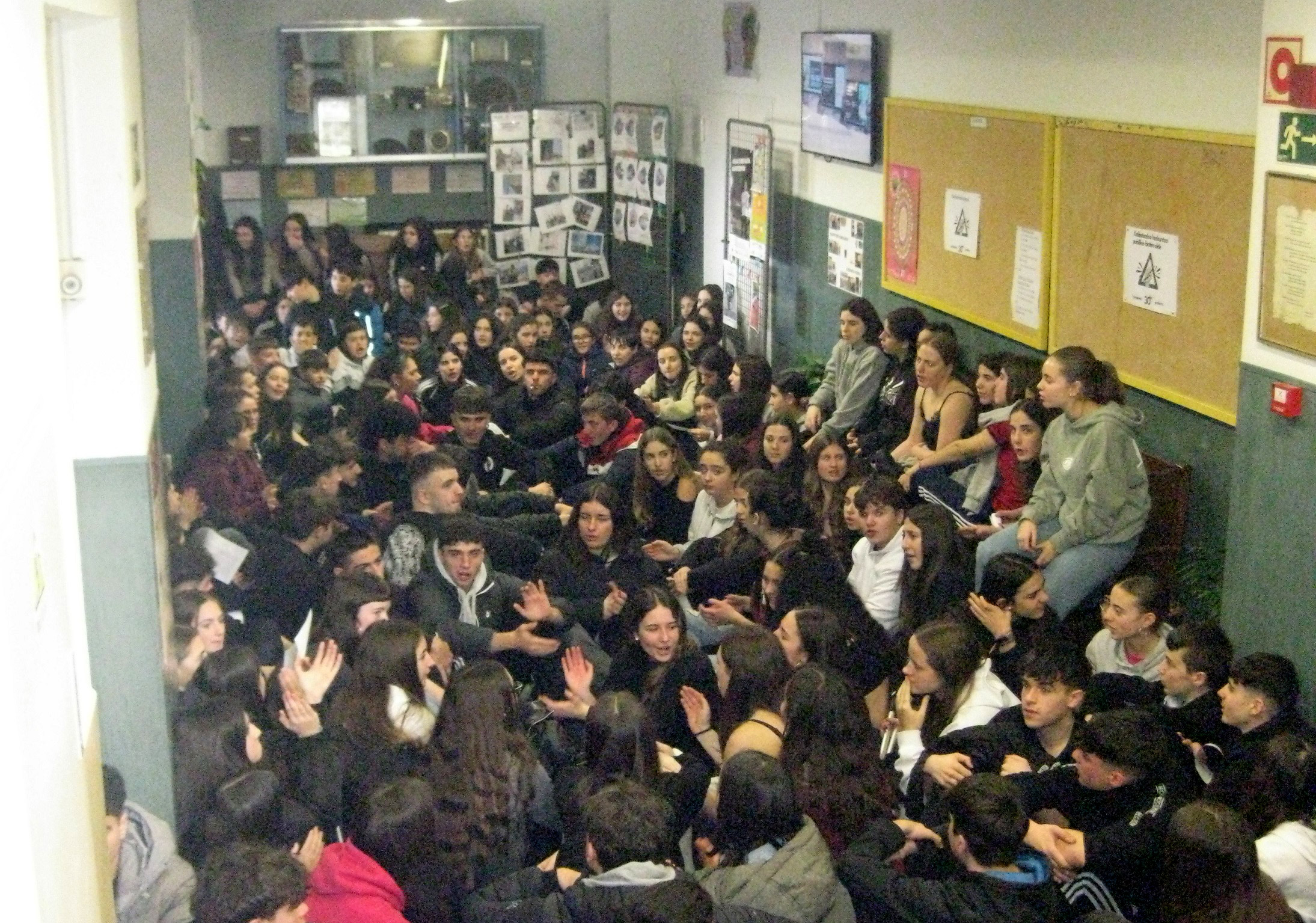




.jpg)

